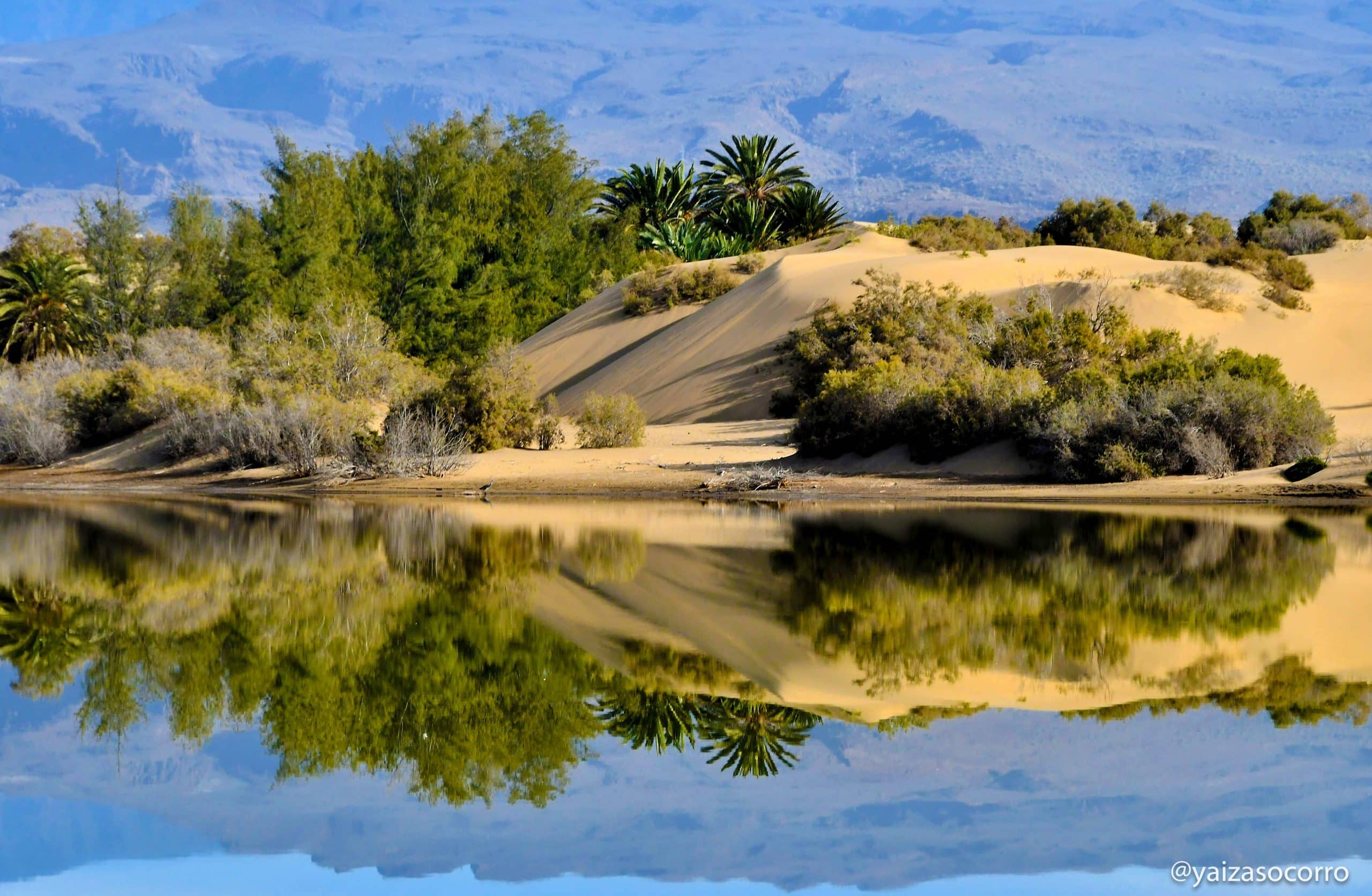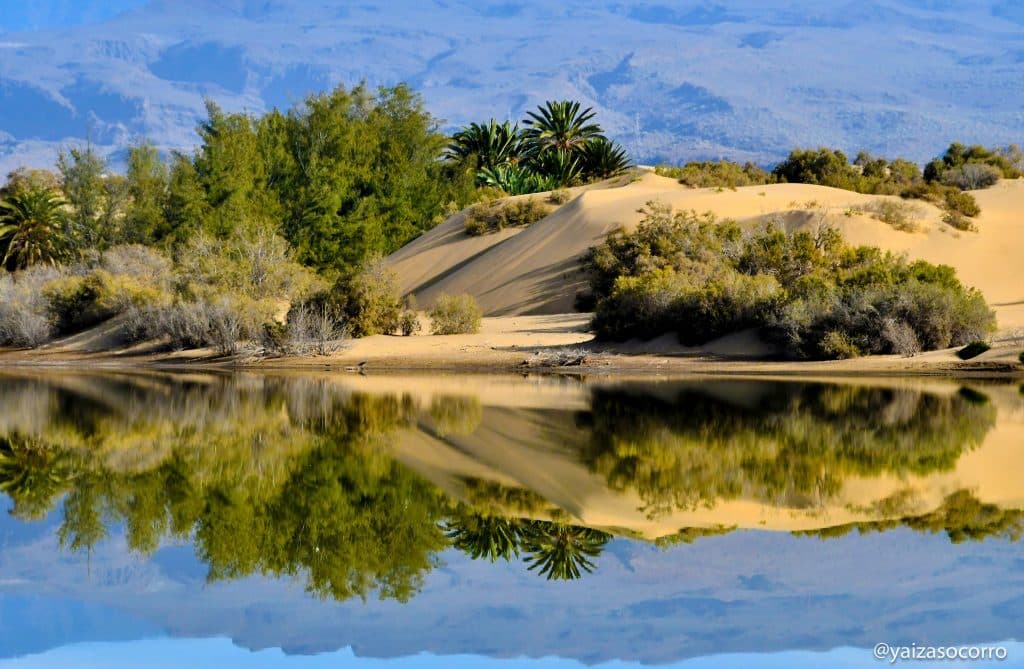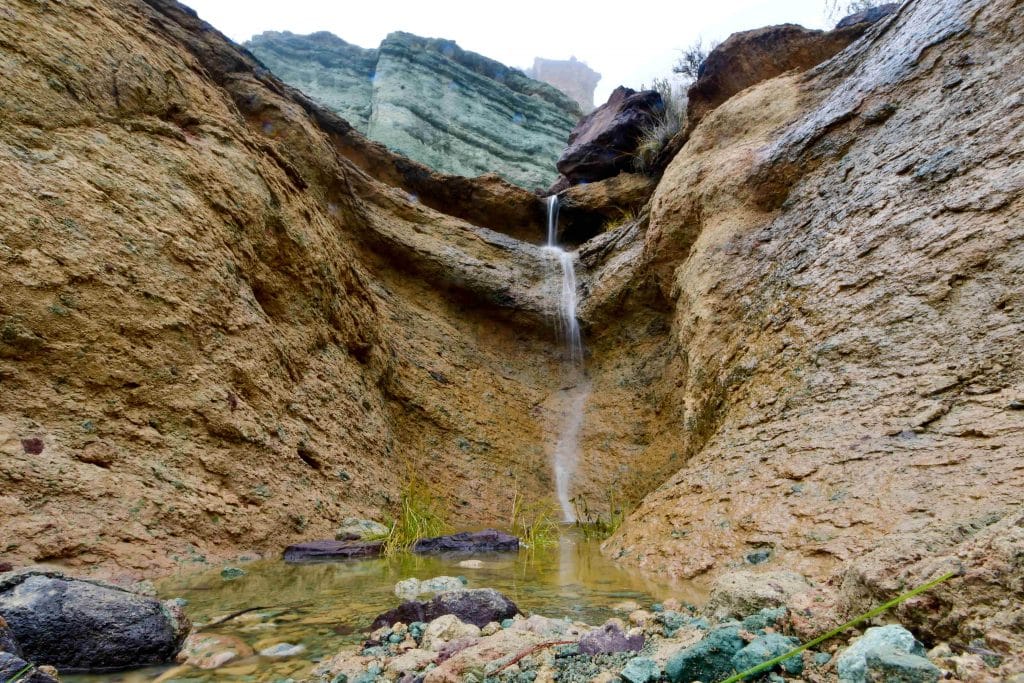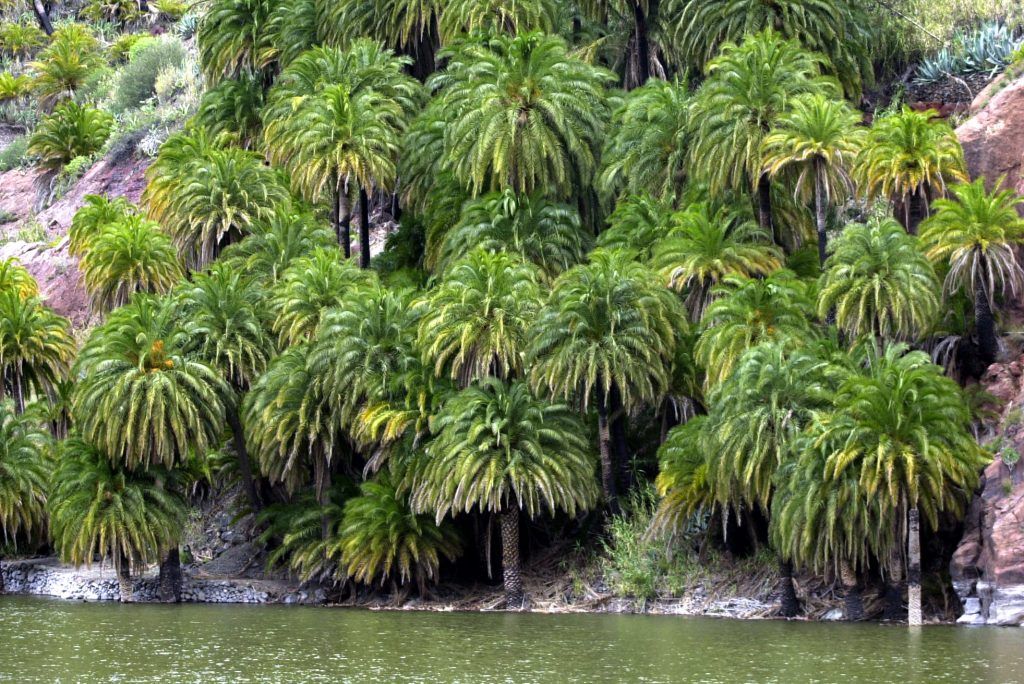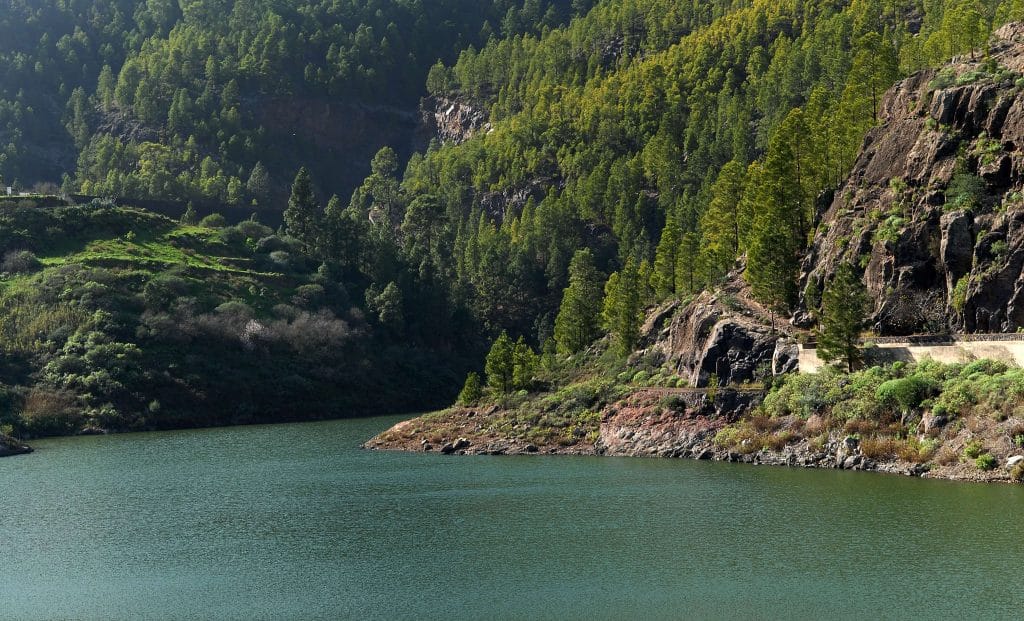One of the visits that you cannot miss if you come to Gran Canaria is the Maspalomas Dunes.
Written by: Julia Socorro @islassem
Las Dunas de Maspalomas is the magical desert of Gran Canaria: a sandy landscape caressed by the measure of the trade winds. They may have been formed over the years by the deposit of material from the Fataga ravine and its tributaries, the Vicentes, Ayagaures and Chamoriscan ravines, built over the centuries by deposits of sandy material and shells washed away by rains, winds … as well as spring tide movements. Other hypotheses say that in the year 1755 they originated with the Lisbon earthquake that formed a tsunami that reached Gran Canaria, this hypothesis studied at the University of Las Palmas de Gran Canaria.
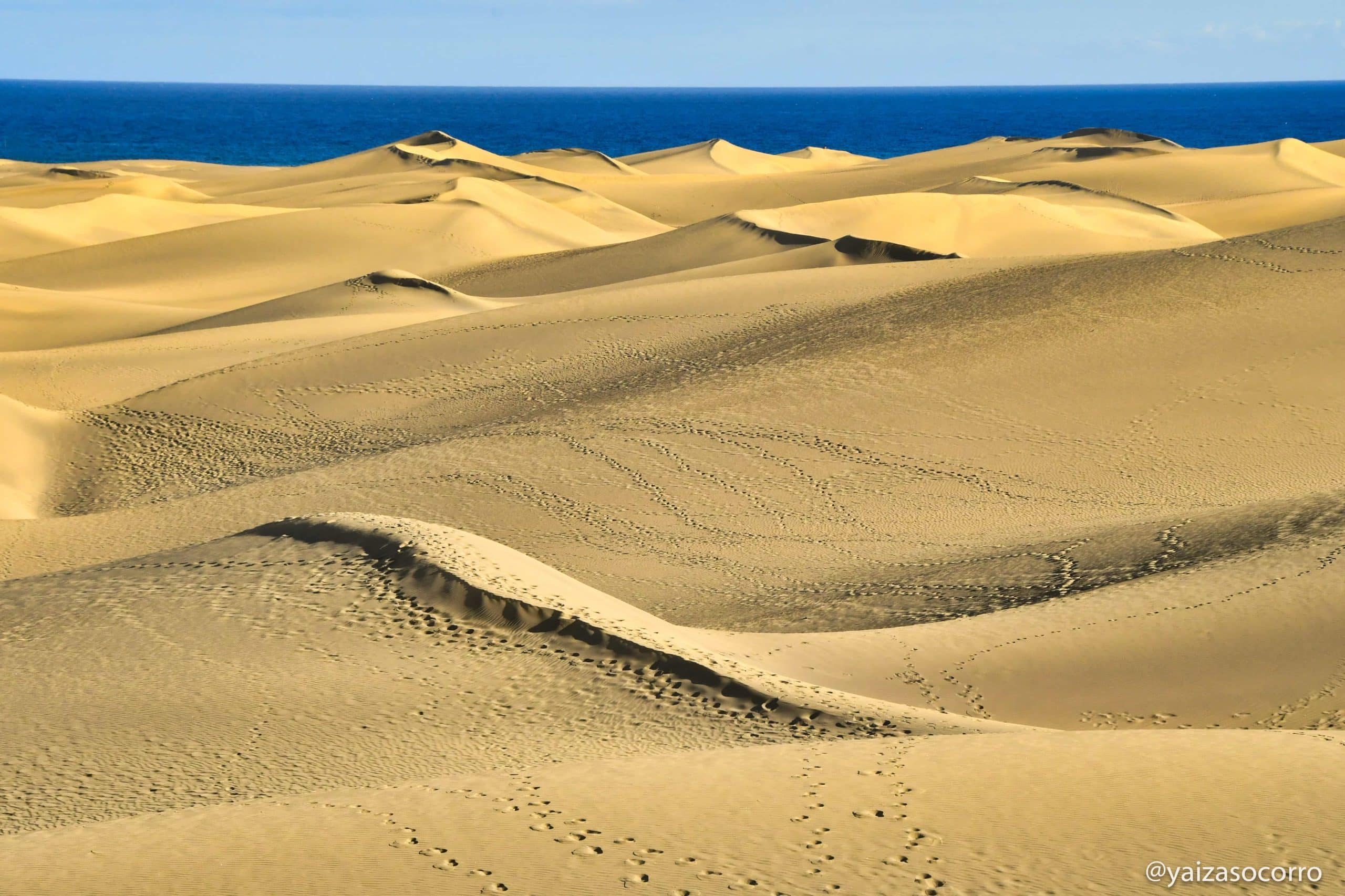
The 3km walk from Maspalomas to Playa del Inglés invites you to walk by the sea enjoying the scenery, we could even go into the dunes, along the designed trails, since this territory brings us healing and relaxation.
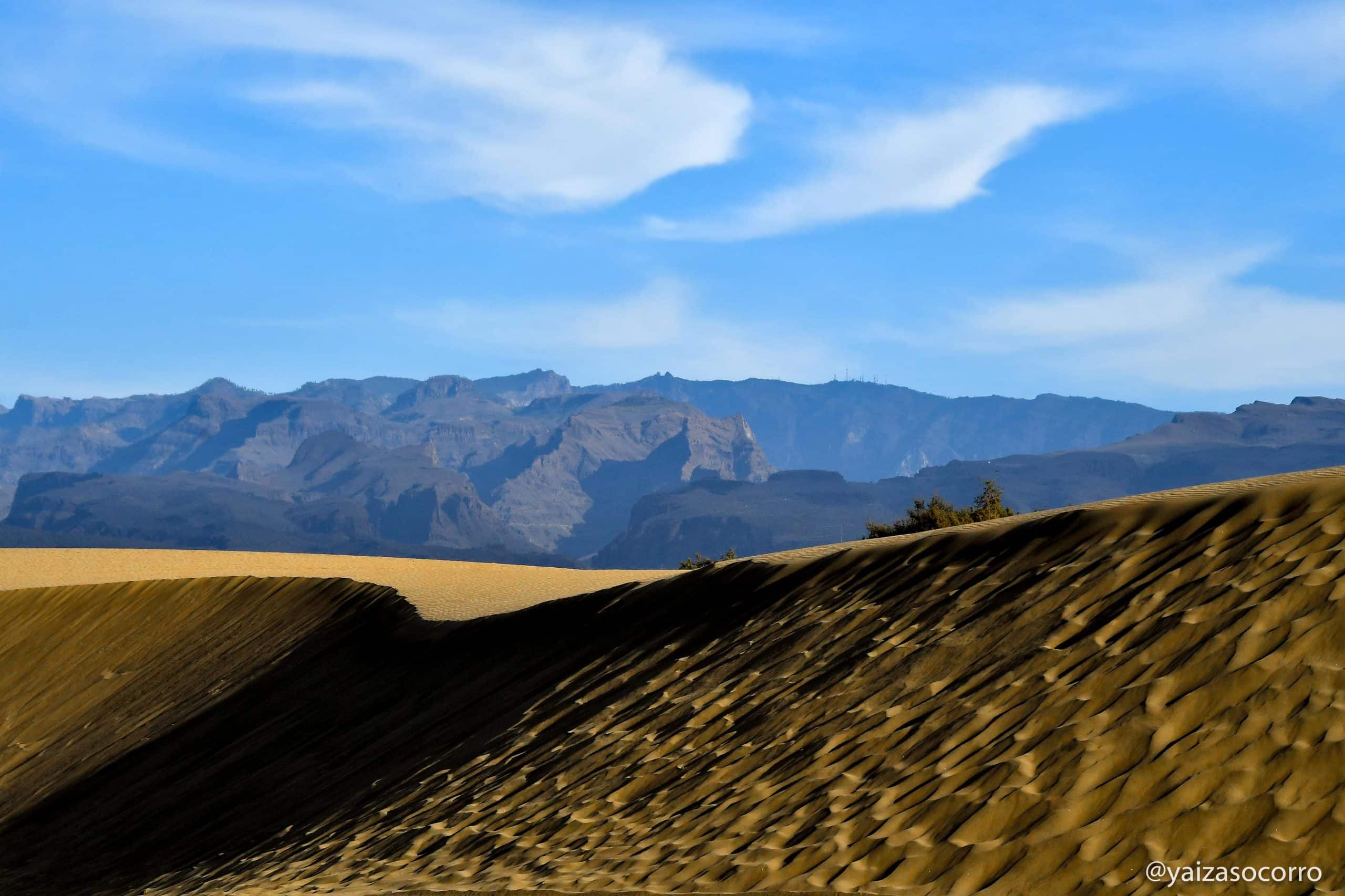
Formerly its name was "Calmas de Maspalomas" and today it continues to be "the door to the desert" where all beings contaminated by artificial life come to reconnect with their human origin.
Deserts impact us. This beauty is a tourist attraction. However, in the last fifty years, the Dunes of Maspalomas have suffered environmental damage and there is talk of working to stop the process of disappearance of the Dunes of Maspalomas. It is important to cross the dunes walking along the paths, not eroding because this gesture improves the environmental quality of the Maspalomas dune system
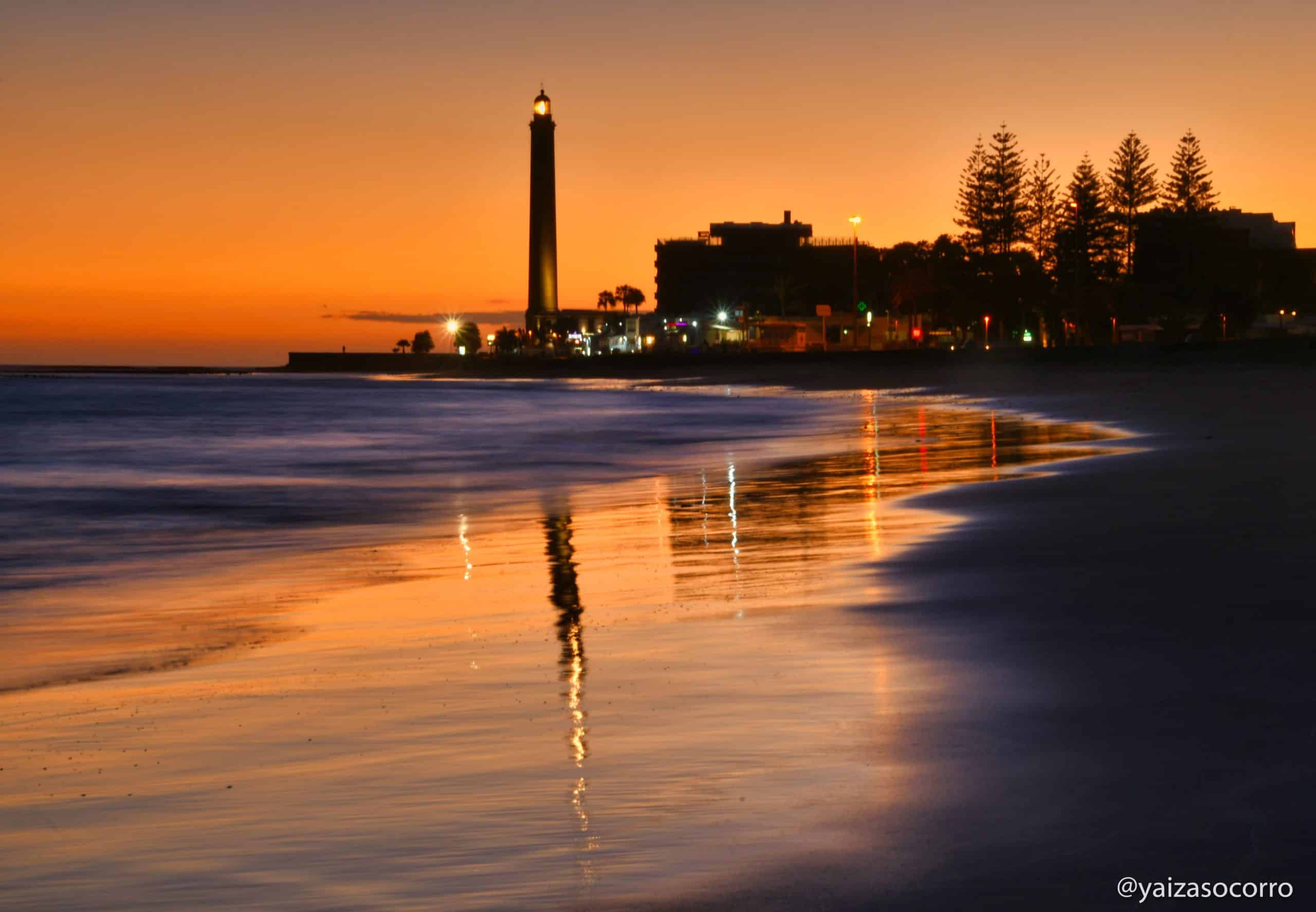
Crowning dunes is a challenge for tourists and fellow citizens, as well as enjoying from sunset to the most unusual feeling that this natural landscape lends itself to.
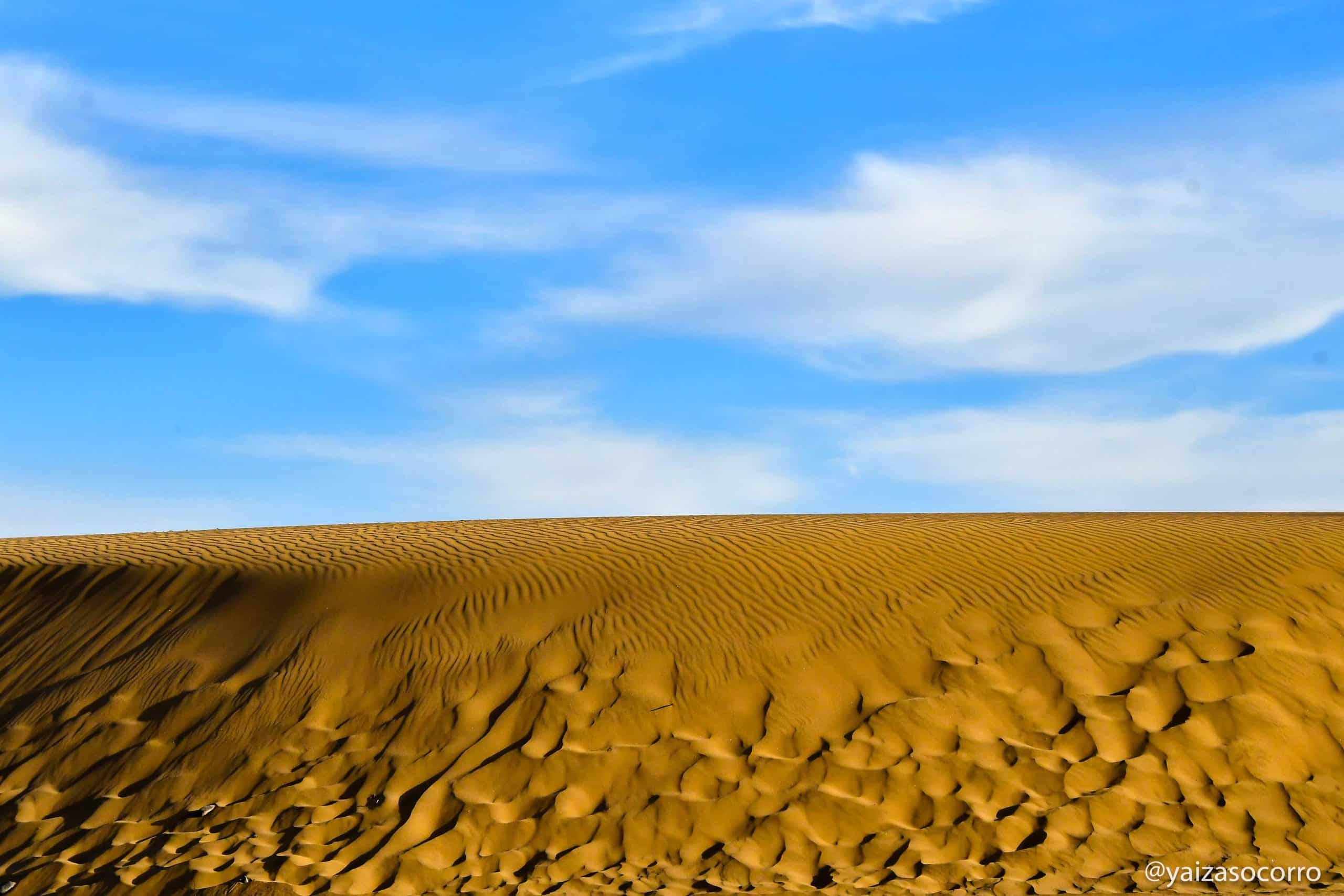
This Protected Natural Area, classified as a Special Natural Reserve since 1994, which was first declared a Protected Area in 1987, is an oasis of light and life. They form a set whose differentiated system has a unique natural and landscape value in the world. The Maspalomas pond is a passageway for migratory birds that find refuge from winter and you can also find those that breed here all year round: the Common Heron, Sandpiper, Turnstone, Redfish.
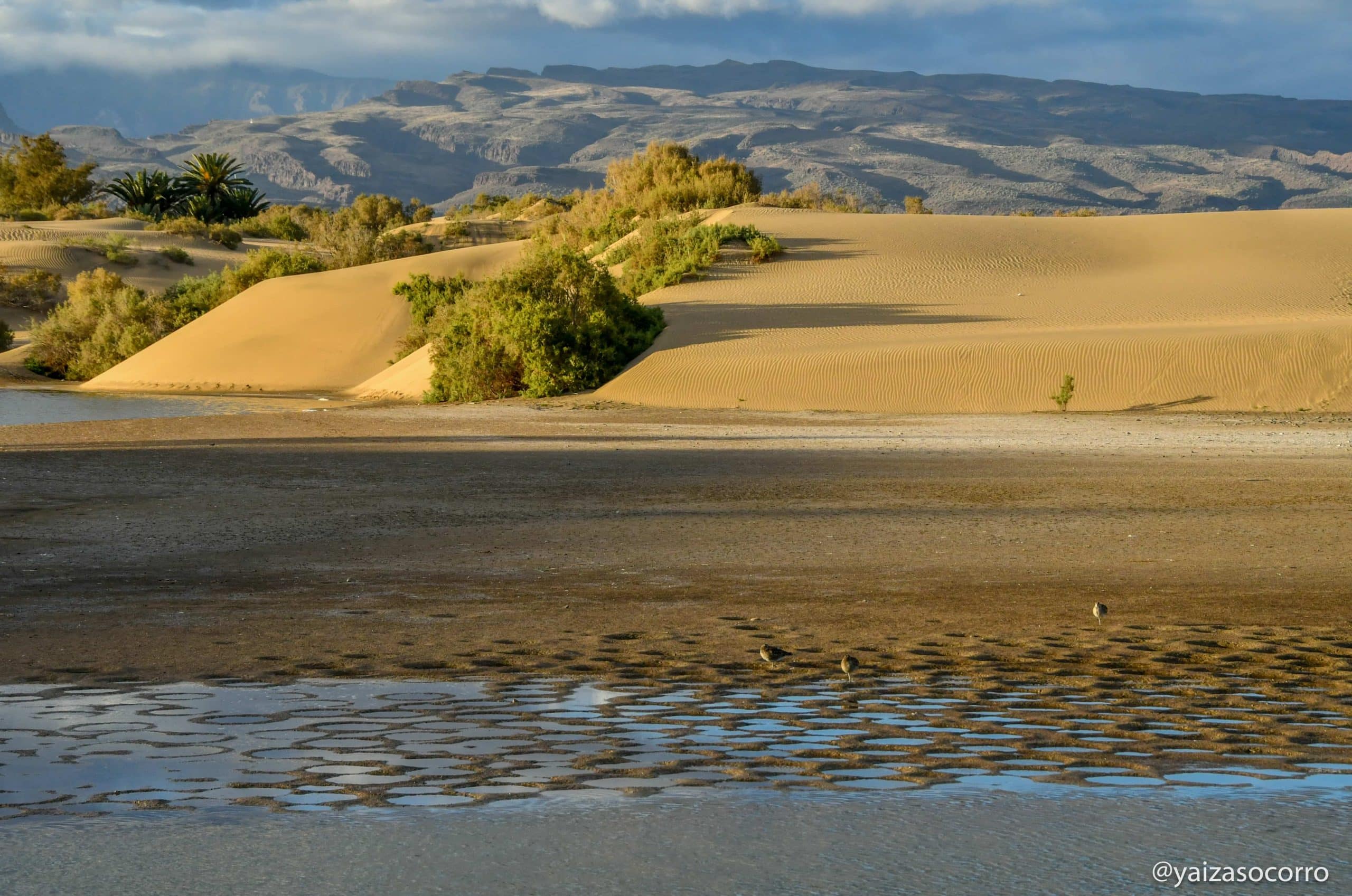
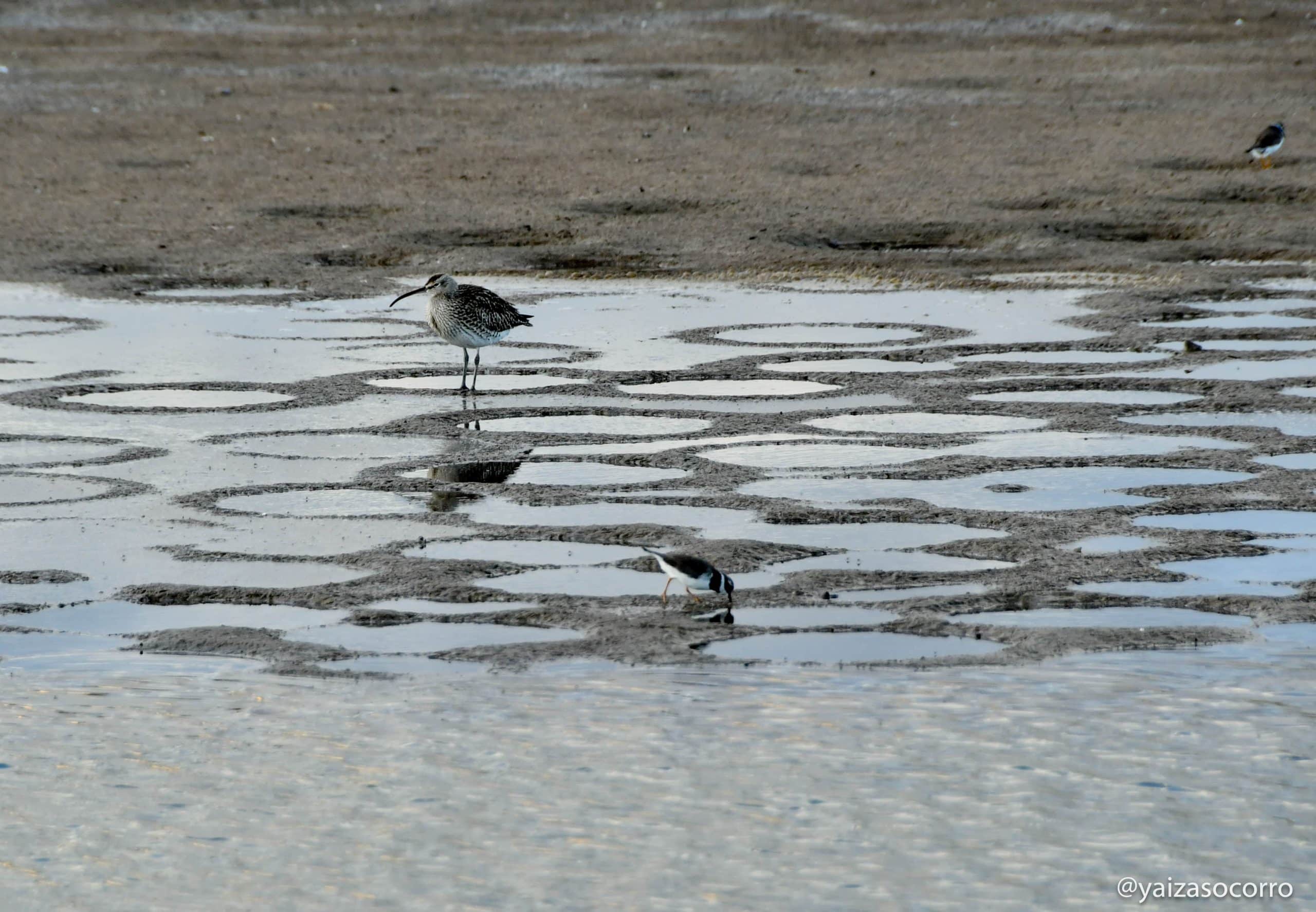
Perhaps, it is the most photographed site in the Canary Islands by tourists, the most shared among digital communities and loved by the people of Gran Canaria. Since it is the only island that has a sea of sand located to the south of the island of Gran Canaria that occupies almost 404 hectares, next to the Oasis of Maspalomas and La Charca of the same name, as well as the Lighthouse. This haven of peace, prefers the look to the footprint.
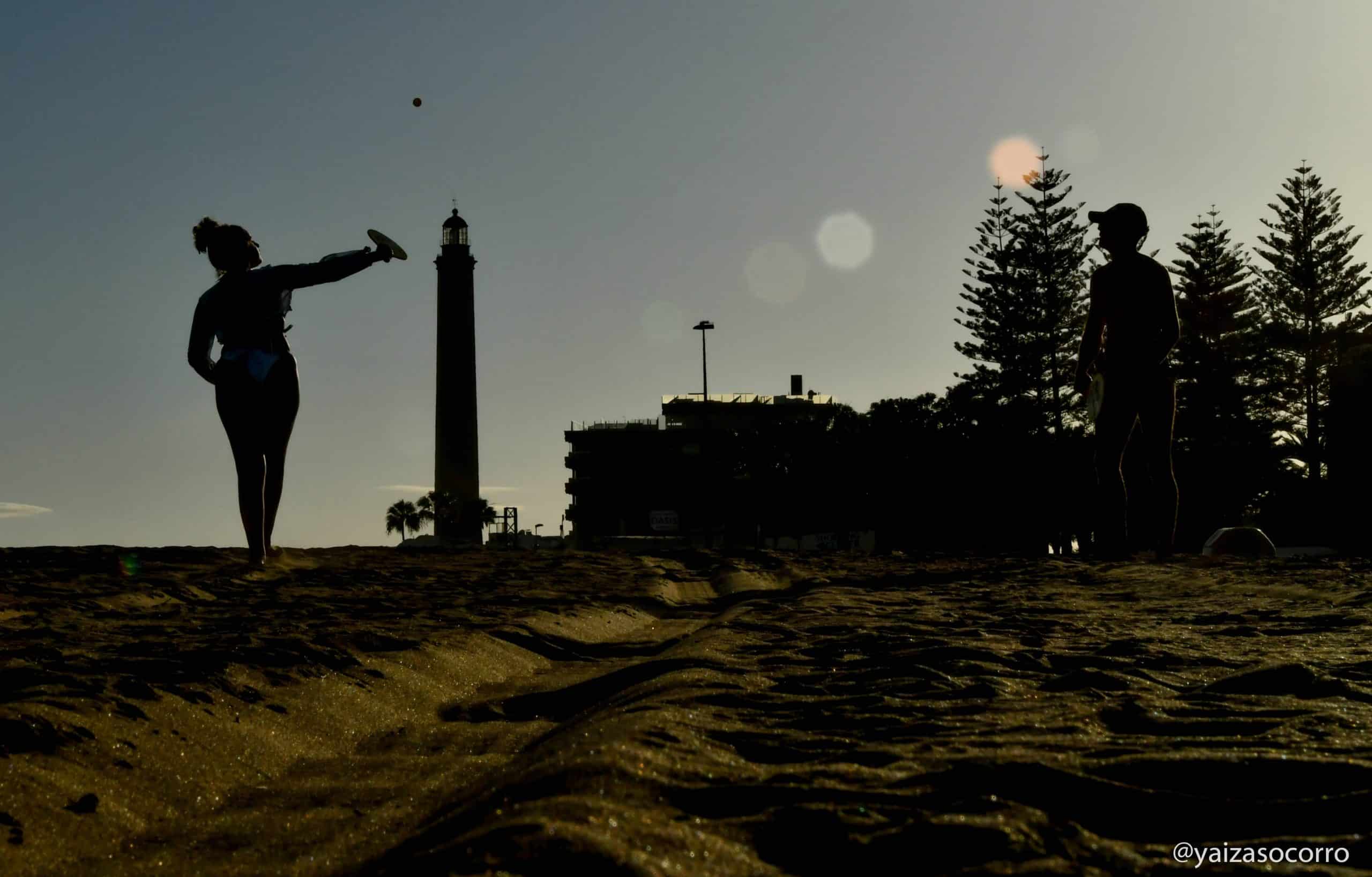
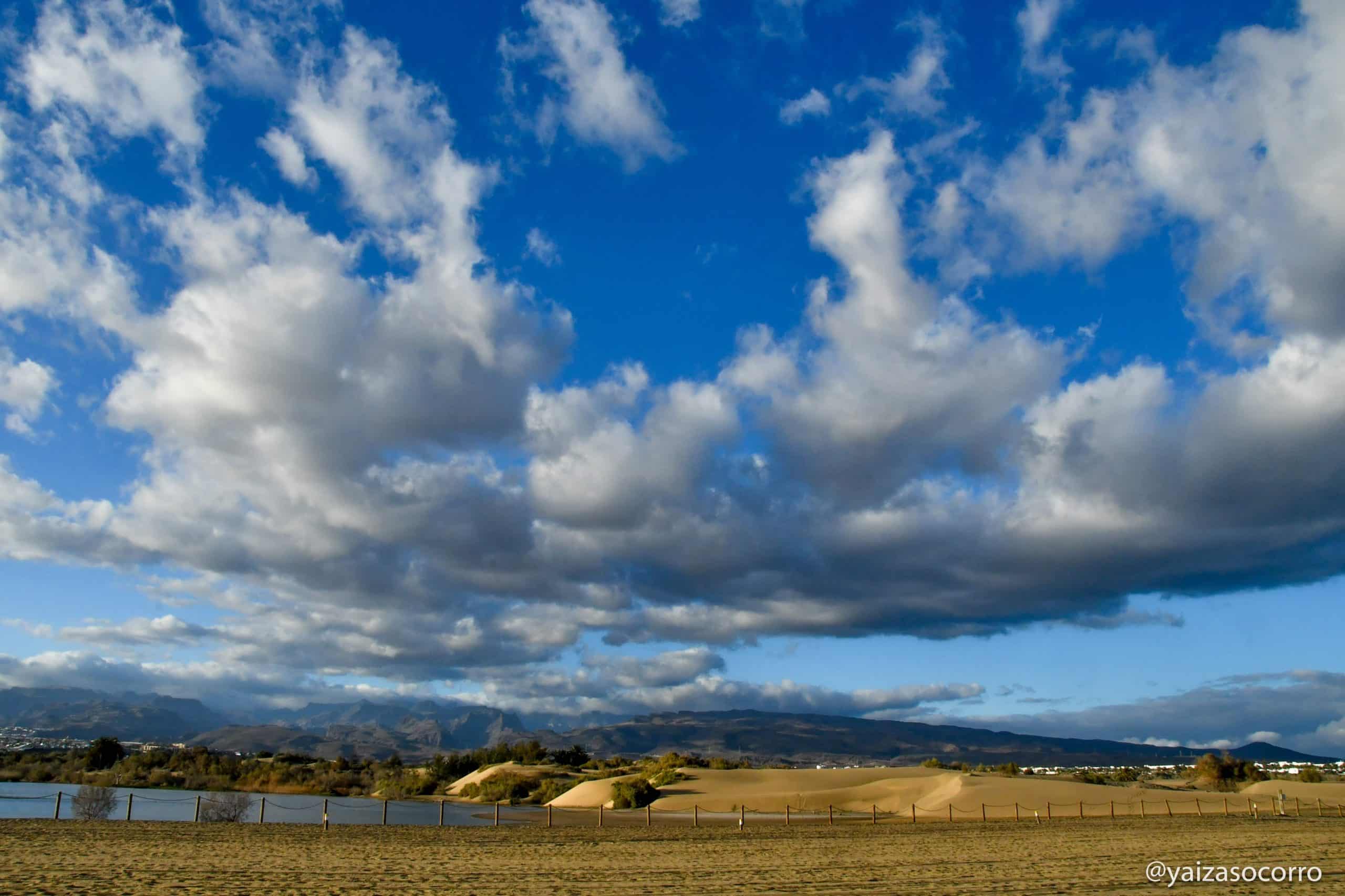
Las Dunas de Maspalomas has a nudist area that goes from kiosk 4 to 7. Mixing all the people who want to feel the sensations of sun and sea water on their skin and do so with the disconnection that comes to live in this landscape.
Leave your mind relaxed, full of light, ideas, creativity. For this reason alone, at least once a month, you have to feel this magical corner of Gran Canaria.
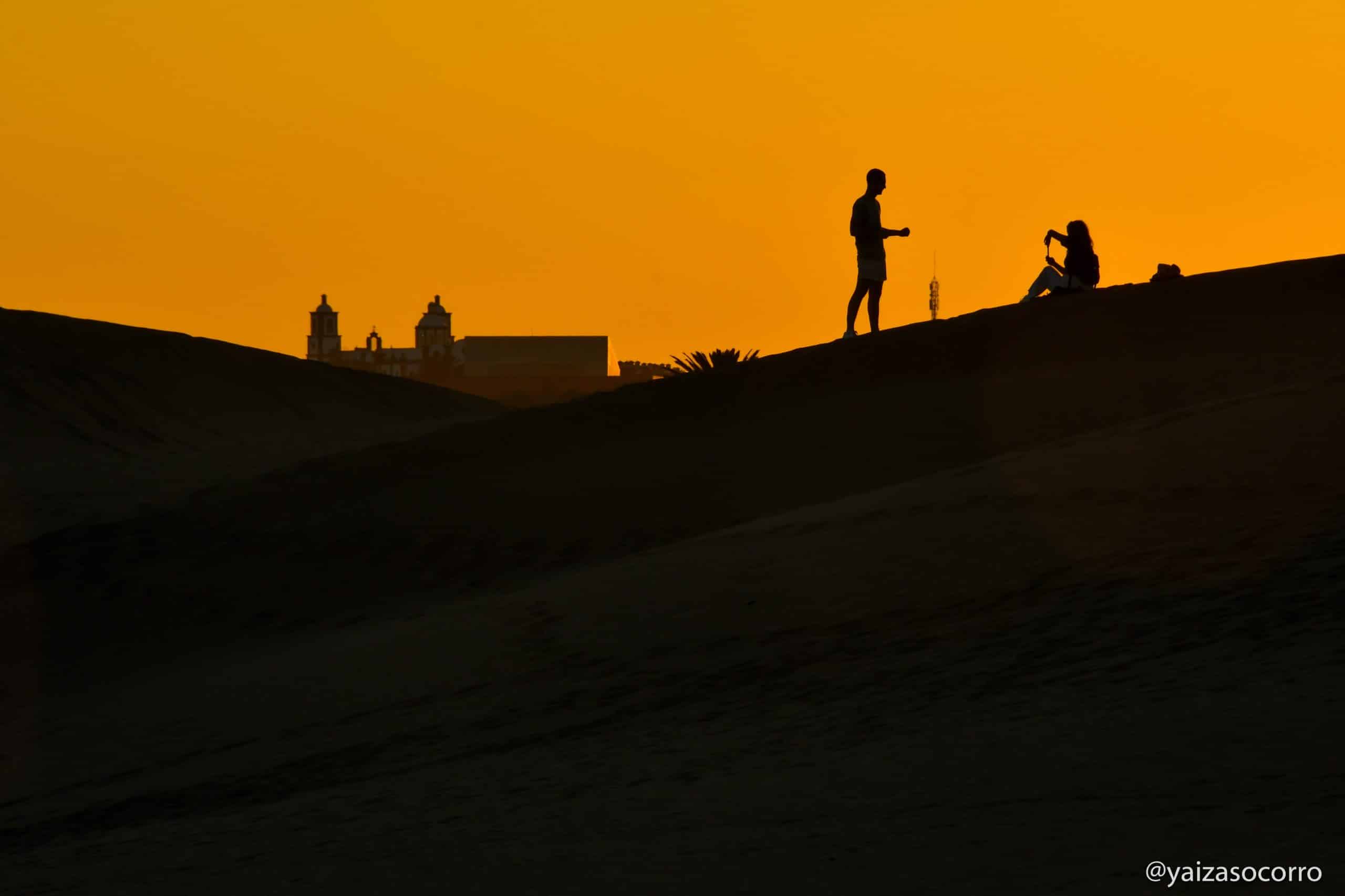
Source: Lisbon earthquake
Source: Origin of the Dunes of Maspalomas
Source: masdunas
Source: Place names
Source: New Study
Santiago Joaquín Hernández Socorro, environmentalist.

